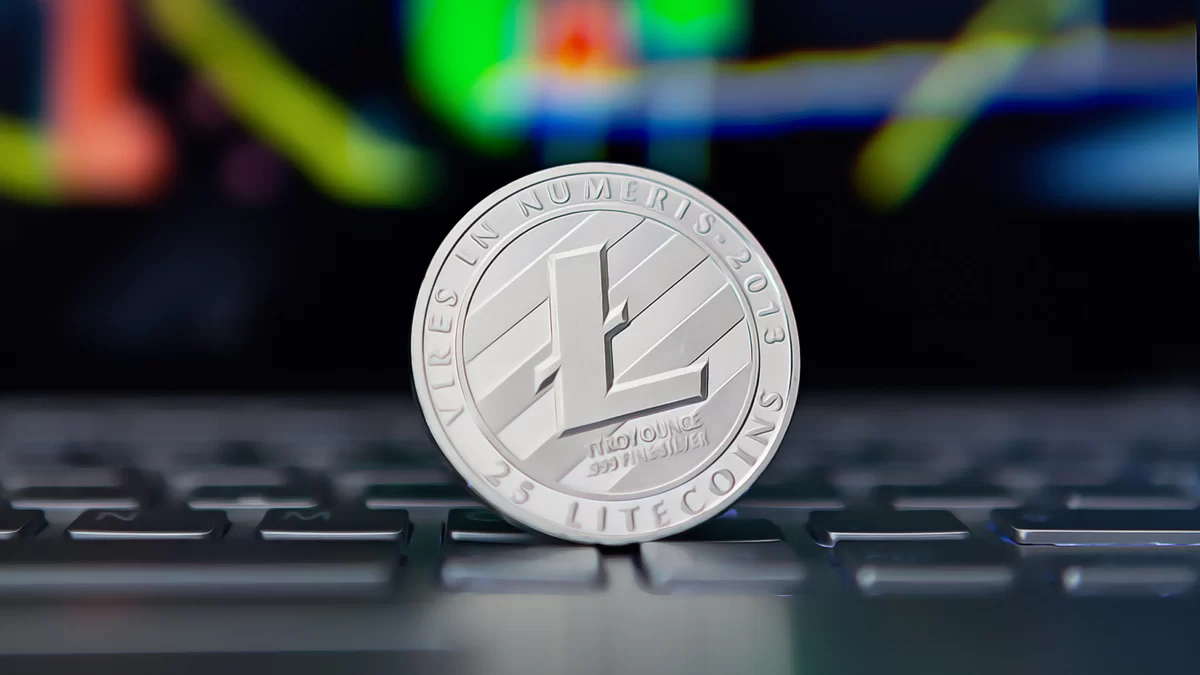Denmark is considering regulating self-custody Bitcoin  $91,967 wallets with a significant move in the cryptocurrency world. The Danish Financial Supervisory Authority’s (DFSA) new guidance also targets decentralized finance (DeFi) interfaces. Mikko Ohtamaa from Trading Protocol finds DFSA’s approach excessive and argues that broad regulations will make access to Bitcoin services more difficult.
$91,967 wallets with a significant move in the cryptocurrency world. The Danish Financial Supervisory Authority’s (DFSA) new guidance also targets decentralized finance (DeFi) interfaces. Mikko Ohtamaa from Trading Protocol finds DFSA’s approach excessive and argues that broad regulations will make access to Bitcoin services more difficult.
DFSA’s New Guidance
DFSA presents a comprehensive regulation plan for interfaces related to cryptocurrencies. Mikko Ohtamaa’s criticisms suggest these regulations could cover everything from personal computers to web browsers, Bitcoin wallets, and decentralized exchange (DEX) websites. This situation could seriously impact the operations of Bitcoin wallets and DeFi services in Denmark.

DFSA’s proposal is seen as a response to the European Union’s Markets in Crypto-Assets (MiCA) regulation, which will come into effect on December 30, 2024. Since MiCA does not address decentralized finance, DFSA had to adopt a more comprehensive regulatory approach. However, this has raised fears that Bitcoin wallets and related services could become increasingly difficult in Denmark.
Global Approaches: Estonia and the USA Example
Estonia had previously considered similar regulations for self-custody wallets. The United States took a different path. For instance, allegations against Coinbase Wallet were dismissed, as seen in the ongoing case between the SEC and Coinbase, reinforcing the legality of self-custody wallets in the USA. Additionally, the USA’s FIT21 Act chose to study DeFi rather than regulate it immediately, adopting a more cautious approach.
DFSA is currently collecting feedback from private stakeholders, and it remains uncertain how these regulations will be finalized and implemented. If accepted in their current form, these regulations could seriously impact the provision of self-custody-based Bitcoin wallet services in Denmark.
Especially applications and web browsers facilitating such services will also be affected by these regulations. This situation will result in severe restrictions on the cryptocurrency field in the country. Offering a limited service area for the country may lead to different moves by cryptocurrency investors. However, since the issue is still in the discussion phase, I see the possibility of a ban as low.









